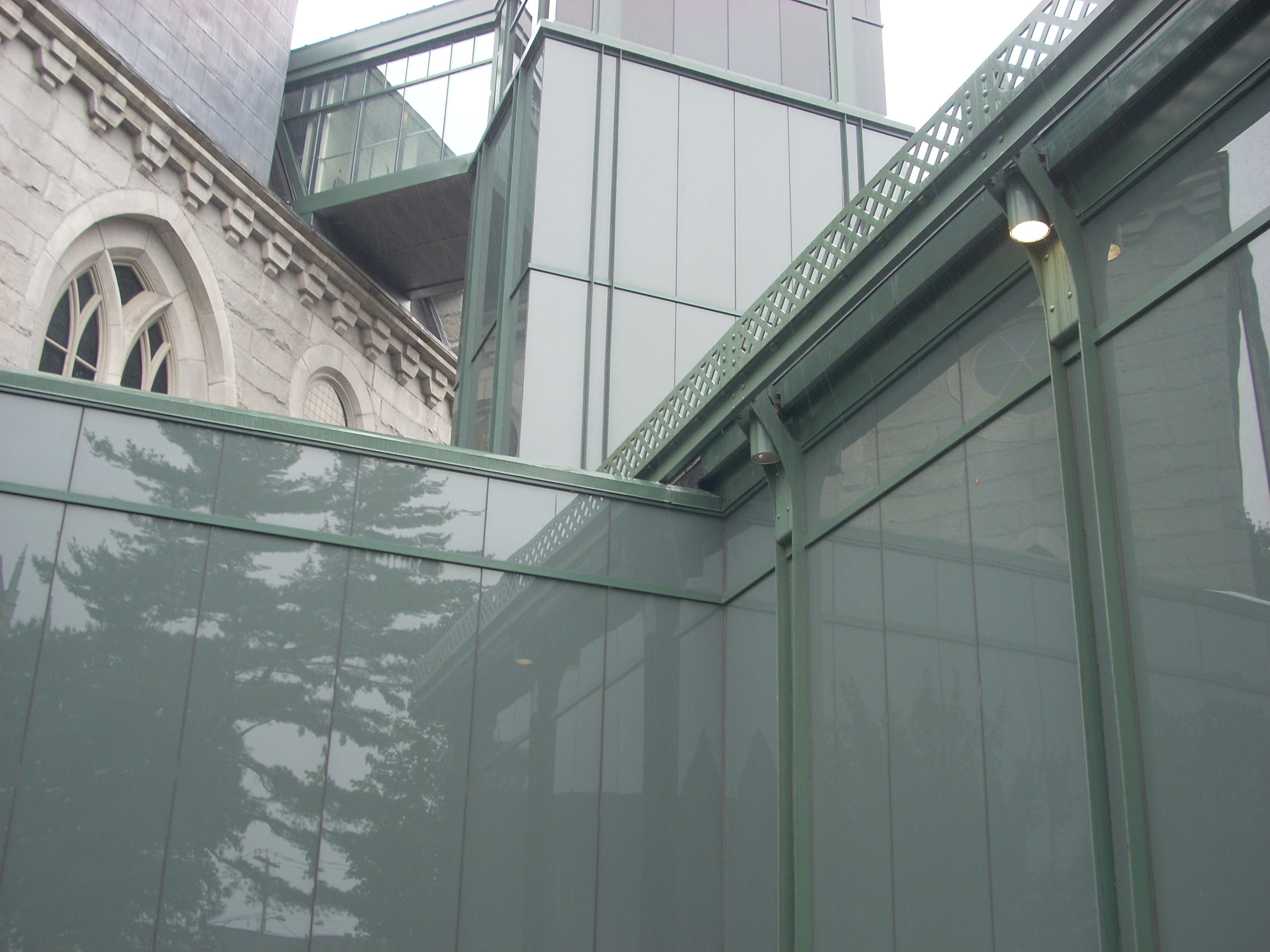
The conformity that was emphasized in critiques of mid-20th Century society (The Organization Man and Man in Gray Flannel Suit, outer-directed man) is countered by a key American School assumption. It is assumed that we can more readily choose what we place in Quad One when information from Quad Two is available to us. It is when we don’t know how other people are reacting to us that we turn to traditional social norms or we try to find out how other people are behaving and assume that this is the way for us to behave. The American School would further suggest that timely and constructive feedback enables the other person in the relationship to expand her own Q1. Thus, freedom is expanded for both parties in an open and candid relationship.
There is a fourth positive impact that the American School suggests is inherent in timely and constructive feedback. It can help two people build interpersonal trust. First, it builds trust in intentions. “I want to know what you are thinking of me so I can improve our relationship.” I was consulting to a large human service delivery system in which the leaders of one large unit in the system were running into problems with the central administrative unit of the overall system. These unit leaders decided to ask the central system administrators for feedback with regard to how they could improve their relationship with the central system. My client leaders were not focusing on how the central administrators had helped create the problem, nor were they trying to give feedback to these administrators; rather, they were asking for constructive feedback that would enable them to identify their own person role in helping to create the problems.
The central system administrators were initially quite surprised about this request for feedback. They were even suspicious of the underlying motives. Soon, however, the surprise and suspicion turned to appreciation, respect and trust. The central administrators began to provide feedback and found that this feedback was being openly received and acted upon by the unit leaders. Things began to improve—in large part because the feedback was requested. The central administrators were accustomed to being blamed for everything. This was something new: other people asking for feedback so that they could identify and correct their own behavior. It was not only new, it was constructive and effective!






